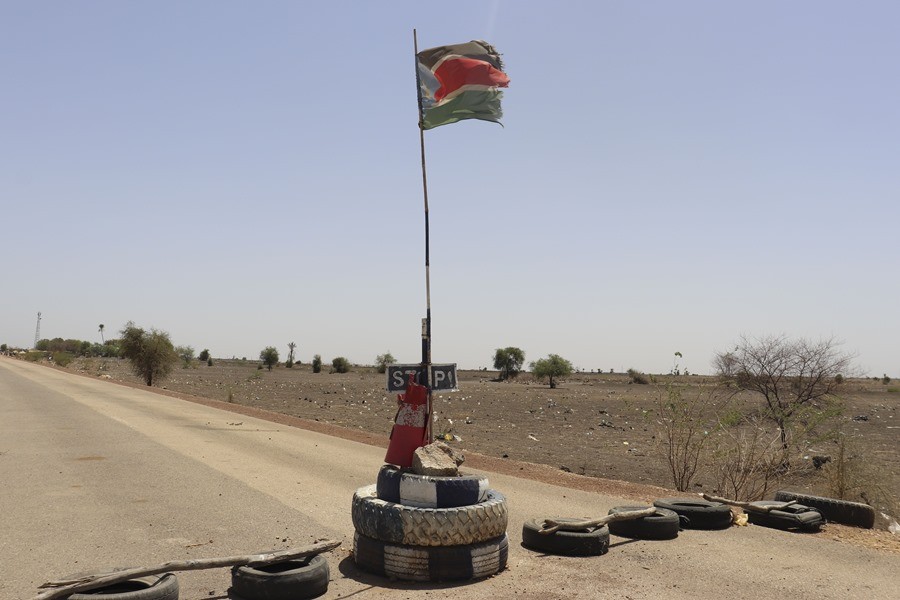Sudan’s Paramilitaries Accept Humanitarian Truce Amid Strategic Gains—Is Washington Enabling Rebel Consolidation?
As Sudan’s Rapid Support Forces secure critical battlefield victories, they accept a U.S.-brokered humanitarian truce that risks cementing their control—raising urgent questions about America’s role in this deadly conflict.

In the heart of Sudan’s relentless conflict, the paramilitary group known as the Rapid Support Forces (RSF) has announced its acceptance of a humanitarian ceasefire proposed by the so-called ‘Quartet’—the United States, Egypt, Saudi Arabia, and the United Arab Emirates. This move comes on the heels of pivotal military advances by RSF rebels who recently captured the strategic city of Al Fasher after an arduous siege lasting over eighteen months.
Are U.S. Diplomatic Efforts Unwittingly Empowering Rebel Dominance?
The RSF’s endorsement of the truce aims ostensibly at alleviating Sudan’s devastating humanitarian crisis—where more than half the population suffers severe food insecurity amid mass displacement. Yet beneath this humanitarian veneer lies a critical question: Does this pause in fighting merely legitimize and entrench paramilitary dominance over large swaths of Darfur and beyond?
Despite public gratitude for diplomatic efforts from Sudan’s official military, their leadership remains steadfast against halting hostilities with the RSF—unsurprisingly viewing any ceasefire as a chance for rebels to regroup and deepen territorial gains. Reports suggest that while Khartoum seeks to stretch the truce from three to nine months and expand mediation to include Qatar and Turkey (countries with competing regional interests), tensions simmer over accusations that the UAE finances these paramilitaries—a claim Abu Dhabi denies.
What Does This Mean for American Interests and Regional Stability?
The complexity on the ground reflects broader geopolitical fault lines. The RSF’s establishment of parallel governance structures in Darfur signals not just a military victory but a fragmentation threatening Sudan’s sovereignty—a direct blow to American priorities favoring stable, unified nations that resist unrestrained militia power.
Washington’s engagement here illustrates a troubling pattern: noble intentions overshadowed by insufficient scrutiny into who wields influence on the ground. When armed groups controlling key regions receive international tacit approval under humanitarian pretexts, it empowers shadow governments hostile to established authority—and potentially hostile to Western interests.
For hardworking Americans demanding sound foreign policy that safeguards national security without enabling volatile militant actors abroad, this moment spotlights how complex diplomacy can inadvertently undermine both regional stability and America’s long-term strategic goals.
How long will Washington continue backing ceasefires that let paramilitaries solidify power? And what safeguards are in place to ensure aid reaches civilians rather than warlords? These pressing questions demand vigilant oversight from policymakers determined to prioritize America First values—national sovereignty abroad and peace here at home.
